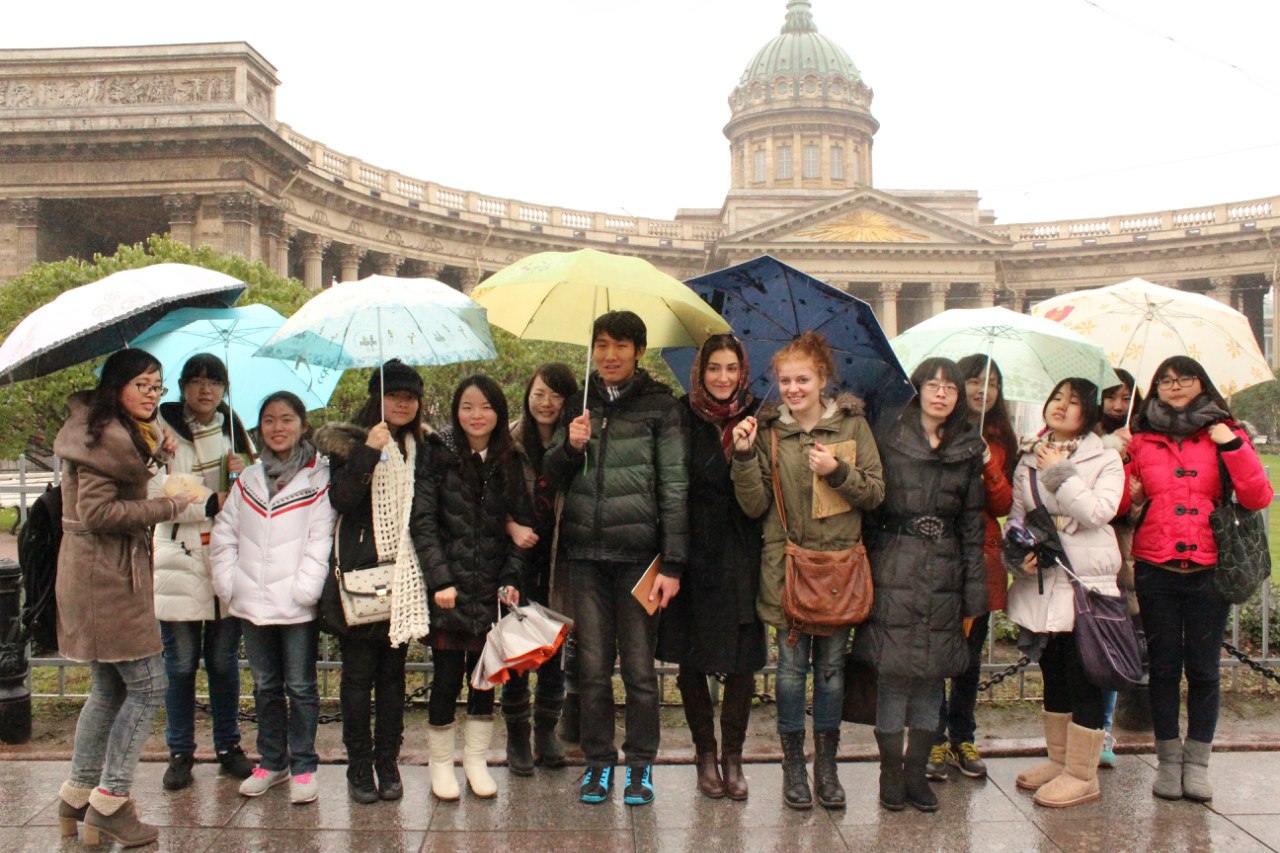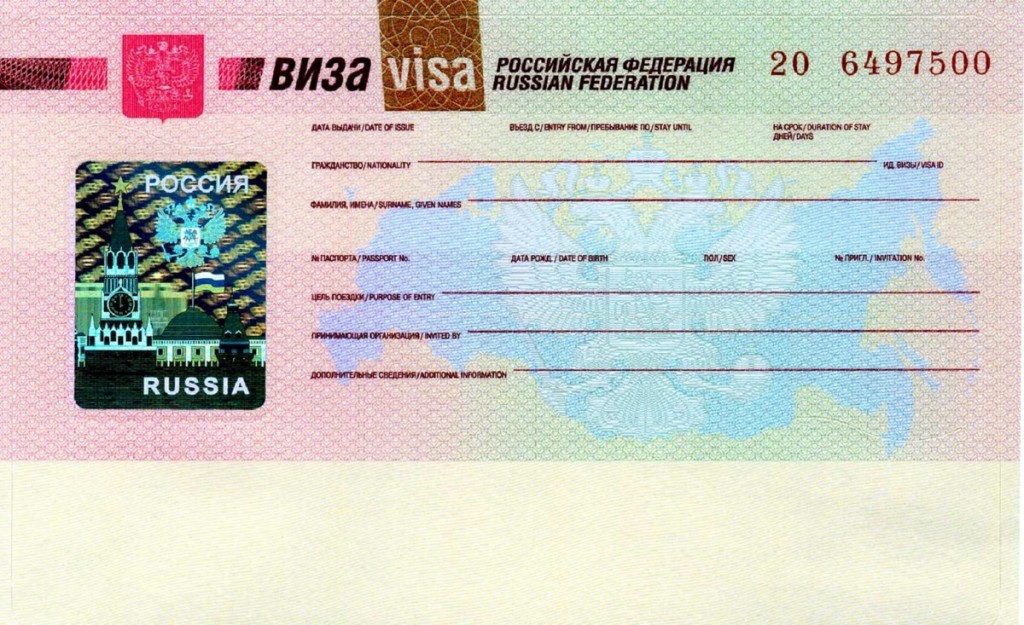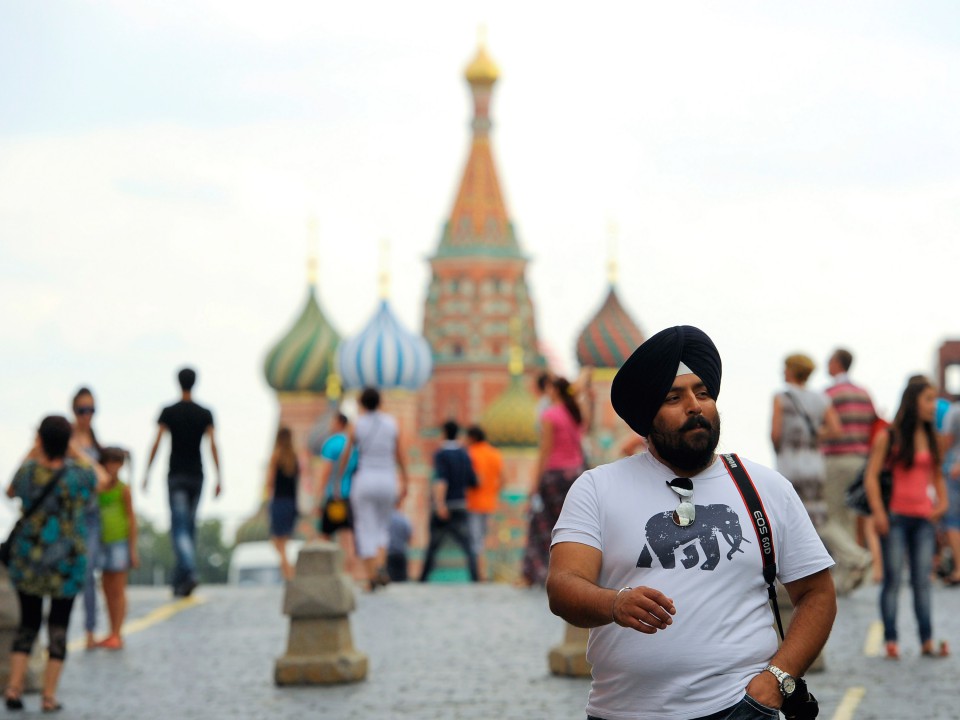The difficult economic situation, growing prices and differences between exchange rates have made many Russian tourists reorient towards the domestic market this year. Several major tour operators which used to work only in the sphere of outbound tourism have redirected their activity to internal destinations.
Even the last tourism season, the number of Russian residents who travelled all over the country grew by 30% and reached 41.5 million people. The Russian authorities have already called the process ‘import substitution in tourism.’ However, what is about inbound tourism? Why does the tourism potential of Russia stay untapped for foreigners? Should Russia develop the sphere at all, when the number of potential tourists in the country exceeds 146 million?
Oleg Safonov, the head of the Federal Tourism Agency, thinks that it should do this. “Tourism is an important part of ideology. In the context of sanctions, tourism could become an element of soft power, attracting foreign guests and encouraging the spread of Russia’s influence in the world. Incoming tourism is also a non-energy export of services. Last year, foreign tourists spent about $12 billion in Russia. However, we are sure that our country is able to earn much more through incoming tourism. The goal can be achieved, first of all, due to creation of comfortable conditions for foreigners, starting from issuing visas.”
Yesterday in Yalta President of Russia Vladimir Putin suggested simplifying some visa procedures for attracting foreign tourists, such as extending the practice of group visa-free exchange. “Liberalization of the visa regime always leads to a growth of tourist flows. For example, it can be said about Israel. When visas were cancelled, the number of tourists from Israel to Russia grew 250%. From Turkey – by 41%; from Korea – by 40%,” Putin said.

The trend of simplified issuing visas has broadly spread in the world. These are electronic visas, multivisas, a visa-free stay for 72 hours for transit passengers, issuing visas at airports, visa-free exchanges with friendly countries, group visa-free trips, for example, to and from China.
Oleg Safonov suggests using the successful practice of a visa-free stay for passengers of deep-sea cruise ships and ferries, for foreign tourists who come to Russia inside organized groups to participate in river cruises.
Rostourism has started implementation of the program “It is Time to Relax in Russia” on the principles of state and private partnership this year. It requires the opening of national marketing offices for tourism abroad. Offices in China, Germany, Finland and the UAE have already started their operation. Their target is not only promotion of Russia as a tourist destination, but also creation of its positive image.

Recently, the EU countries launched the necessary dactyloscopy for Russian tourists for getting visas. Russia has found the step unfriendly. It has decided to launch a similar system, even though it realizes that it will lead to a decrease of tourist inflow. “Most of the foreign tourists who visit Russia belong to the so-called third age – middle-aged people who will find it difficult to get a Russian visa, as the number of visa centers abroad is not big,” Safonov says.
Visa barriers cause reduction of the tourist inflow by 10-30%.
However, Vladimir Medinsky, the Minister of Culture, thinks that “all objections against unilateral, as they say, simplification of the visa regime have a political character and confirm that a mutual principle is needed. We can take asymmetric measures without breaking the mutual principle, politically showing that we are an open country. We have such drafts. One of them – 72 hours for transit from a list of countries – was adopted in the first hearing in the State Duma, but it was frozen. However, the draft is a partial solution, as we need transit not only from airports, but also other kinds of transit, including shipping transit. Moreover, there should not be a list of countries which can use the opportunity, but a list of countries which cannot use it, and all others could fly through our airports, staying in Russia for 72 hours.”
Another draft is about opportunities to visit major sporting, cultural events and river cruises, according to the government’s decision, for 15 days. This practice already exists. “The Tchaikovsky Competition, the Olympic Games – a separate law is demanded all the time. We believe it would be right to solve the problem once and forever – to provide the government with certain functions; and then we could plan various major events and provide beneficial entry,” the Minister thinks.

According to Medinsky, “this year mass tourist inflow has been registered from India. It is the first time in our history. Tourist inflows from Korea increased by 45% during the year, as we have cancelled visas for them. Korea immediately entered the top 10 most popular incoming directions for us. China takes the first place in our incoming tourism.”
Meanwhile, Yuri Barzykin, the Director General of the Russian Tourism Industry Union, thinks that “today the model of consumption of incoming tourists is changing. There should be cross-border and complex products, as people want to see two-three regions or two-three countries in one tour. Within the Eurasian Economic Union, colleagues from Kazakhstan, more than 700 operators, Kyrgyzstan and Armenia are members of our Union. They want foreign tourists who visit Kazakhstan, there are a lot of them from China, could visit Russia as well. Tourists who enter Belarus could visit our country. Uniting our potentials could have a multiplicative effect and encourage the attractiveness of Russia and our neighboring countries; moreover, we have a common space, common history, and a united transport network.”






